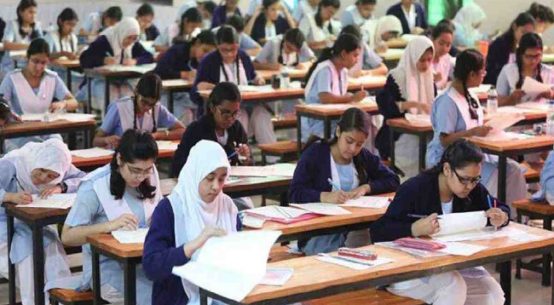International Solar Alliance (ISA) will provide technical support to Bangladesh to pull in financing to the renewable energy sector.
“We’ll help Bangladesh find a right policy to introduce a right business model for investment in the solar power sector,” said ISA director general Ajay Mathur while addressing a press briefing at Intercontinental Hotel in the city on Thursday.
The ISA is an alliance of 123 signatory countries based on an intergovernmental treaty whose primary objective is to work for efficient consumption of solar energy to reduce dependence on fossil fuels.
The remarks came following Bangladesh’s signing of a strategic country partnership agreement with the ISA to accelerate the development of solar energy.
Power secretary Habinur Rahman and DG of ISA Ajay Mathur signed the agreement on behalf of their respective sides.
The ISA chief informed that the land scarcity and right technological solution have the biggest challenge in achieving a target to the government to generate 40 percent of electricity from renewable sources by 2041.
“Options like floating solar could be an ideal solution for Bangladesh… We’ll be working to find innovative ideas,” he said.
Power secretary Habibur Rahman informed that a total of 8 projects were undertaken to implement under the agreement with ISA.
These include installations of 12 trolley mounted portable solar irrigation systems of about 2Kw capacity, 12c portable solar paddy threshers of about 2kW capacity, 2 rooftop solar projects with capacity of 22 kW, solar cold storage for preservation of agricultural produce, development of rooftop project at Chattagram or any other railway station, installation of floating solar project in Gazipur and Munshiganj.
Conversion of two manually operated sluice gates to floating solar-powered auto sluice gates in two sites under Bangladesh Water Development Board is also included under the agreement.
Jiangbo Ning, deputy country director of the Asian Development Board (ADB) in Bangladesh, who also addressed at the press briefing, said planned to convert 3,000 diesel-powered irrigation pumps into solar-powered one.

